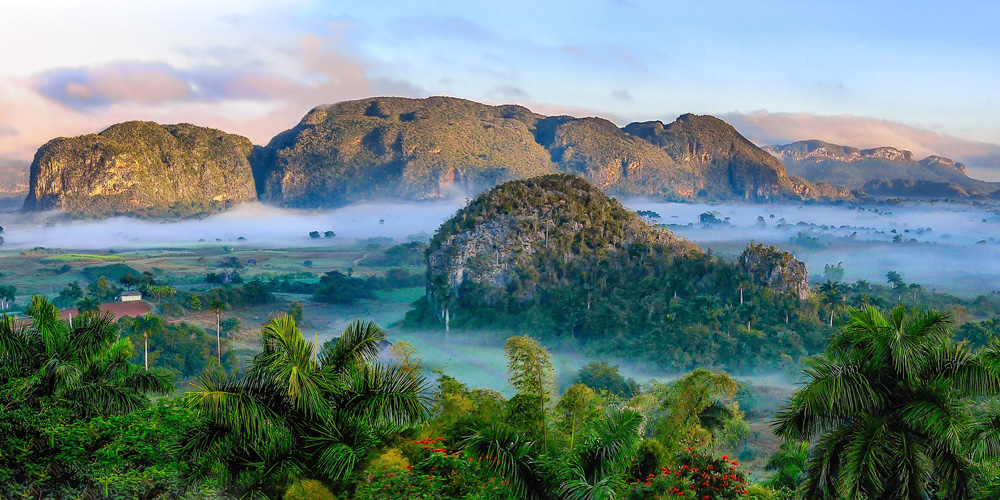The 25th session for the Food and Agriculture Organization’s Committee on Forestry (COFO 25), the highest FAO Forestry statutory body, took place during October 5-9, 2020.
The session discussed several key issues related to the sustainability of forests and biodiversity, including the UN Strategic Plan for Forests, the nature-based solutions framework and the upcoming UN Food Systems Summit, as well as the findings of the recent The State of the World’s Forests 2020: Forests, Biodiversity and People (SOFO 2020) report.
The COVID-19 pandemic set the tone for the COFO 25 meeting. The fact that further deforestation might increase our exposure to zoonotic diseases is yet another reason to preserve biodiversity and enhance resilience. At the same time, the demand for jobs and economic recovery must be met with sustainable alternatives.
“It’s not possible to separate forest health, our health, climate and biodiversity from how we produce and trade our food. The big challenge ahead is how we manage to link these interconnected issues in policy processes and structures that often operate separately,” said Maria Ölund, Project Manager at Focali, who participated in the COFO meeting as part of the Swedish delegation.
“Next year is critical for establishing these connections as it marks the beginning of the UN Decade on Ecosystem Restoration, the UN Biodiversity Conference ( CBD COP15), the first-ever Food Systems Summit as well as the postponed COP26 climate change negotiations in Scotland.”
The SOFO 2020 report arrived at a pivotal time for global conservation efforts, right at the end of the UN Decade on Biodiversity and at the beginning of the UN Decade on Ecosystem Restoration. Forest ecosystems have the greatest terrestrial biodiversity, but deforestation and forest degradation continue to threaten forest health worldwide, driven largely by agricultural expansion.
It’s worth noting that the rate of deforestation is going down compared to the 1990s, and new forests are being established both naturally and through re-planting. However, the world is still not on track to meet the UN Strategic Plan for Forests, in which the member states agreed to increase forest area by 3 percent by 2030.
Crucially, preserving forests and their biodiversity isn’t only a matter of nature conservation. Forests provide over 86 million jobs worldwide, and 2.5 billion people cook with wood-based energy. Forests also regulate the water cycle, mitigate climate change and provide habitats for pollinator species that make food production possible. Forests provide people with nutritious foods and medicinal plants and hold cultural importance for many indigenous groups, while forest walks boost our mental and physical health. In short, forests are extremely important for everyone on the planet.
As Qu Dongyu, Director General at FAO, underscored, “The SDGs cannot be met without halting deforestation and protecting the forests. The pandemic has also shown that forests are a safety net for all people, not only for the poor.”
During the past decade actions against illegal logging and deforestation increased, according to the SOFO 2020 report. This includes channeling more climate finance to countries that are reducing deforestation and including requirements for legal harvesting of tropical timber into trade regulations. Accelerating these efforts and combining them with ecosystem restoration during the upcoming Decade will help bring us closer to reaching the Sustainable Development Goals (SDGs).
However, decreasing biodiversity can undermine these efforts. The report states that we must “decouple environmental degradation and unsustainable resource use from economic growth and associated production and consumption patterns and that decisions about land-use must take the true value of forests into account.”
SOFO 2020 calls for solutions that balance conservation goals with crucial resource demands, especially, when it comes to human livelihoods and health. The most important changes need to happen within our food systems. Food demand drives the conversion of forests into agricultural plantations on a massive scale, leading to widespread biodiversity loss.
We need to stop this trend. Food systems need to become more sustainable through the adoption of agroforestry, investment in the restoration of degraded agricultural land, and the promotion of healthier diets. These changes can start locally and must be scaled up. SOFO 2020 acknowledges that such a transformation will require political, legal and fiscal changes. However, such bold actions are necessary if we are to safeguard forests and their biodiversity now and for future generations.
As Hon Lord Goldsmith, Minister for Pacific and the Environment of the UK, put it, “We need solutions that work on the ground and not only look good on paper. We have to succeed because this is the only planet that can sustain us.”
Reporting by David Falk, Communications Consultant, SIANI.
